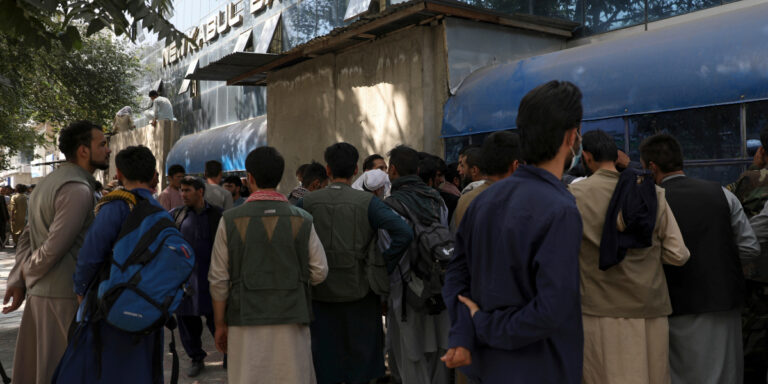The Supreme Court is shortly expected to issue its decision on a challenge to Roe v. Wade that will—if a leaked draft version of the opinion holds—end federal protection for abortion access across the US. If that happens, it will have far-reaching consequences for millions of people.
One of those is that it could significantly increase the risk that anti-abortion activists will use surveillance and data collection to track and identify people seeking abortions, sending authorities information that could lead to criminal proceedings.
Opponents of abortion are already using methods like license plate tracking, body cam recordings, and Wi-Fi networks designed to direct visitors to anti-abortion materials. If states go on to criminalize abortion, that data could be used by anti-abortion activists to try to prosecute people seeking abortions, even if they visit a different state where it remains legal. Read the full story.
—Abby Ohlheiser
The must-reads
I’ve combed the internet to find you today’s most fun/important/scary/fascinating stories about technology.
1 How China’s obsession with zero-covid has crippled its economy
The country’s economic growth is threatening to fall behind that of the US following a series of savage lockdowns. (FT $)
+ Shanghai is poised to cautiously reopen from tomorrow. (Bloomberg $)
2 Electric vehicles’ biggest challenge? Charging stations
The roll-out of stations has been slow, partly because they don’t make gas stations money. (WSJ $)
+ Britain’s electric car industry is also suffering from a lack of battery plants. (Reuters)
+ Cargo e-bikes are becoming a more common sight on LA’s roads. (LA Times)
3 The US is in a free speech muddle over regulating social media
One of the pitfalls of being bound by a centuries-old constitution. (WP $)
+ Social media mocks women and trivializes their suffering. (New Statesman $)






